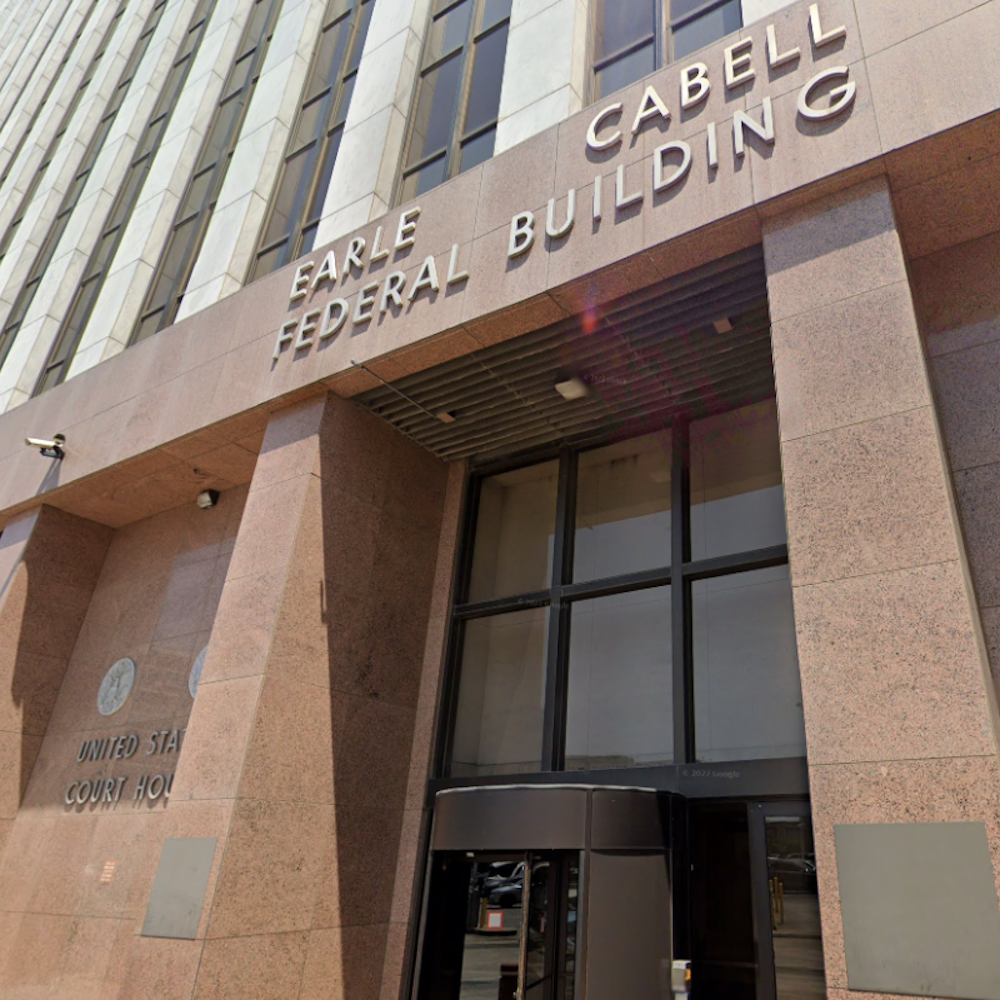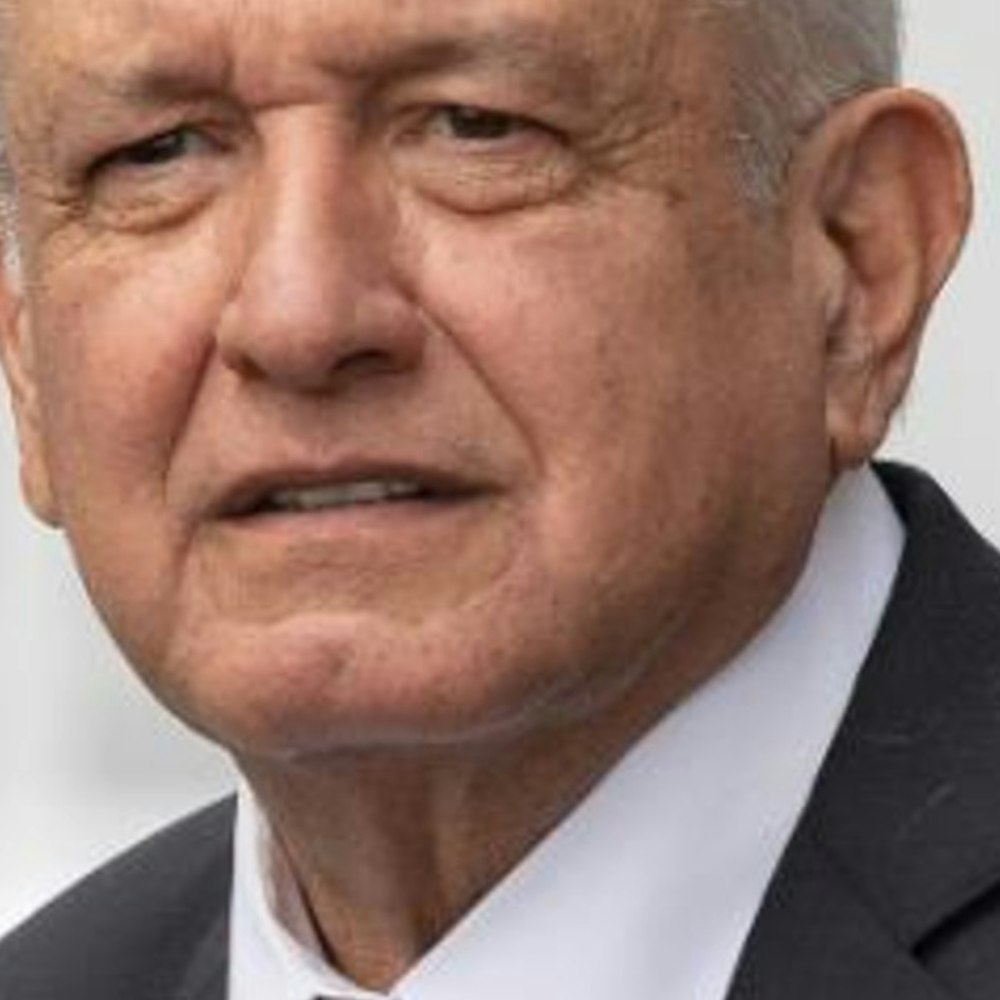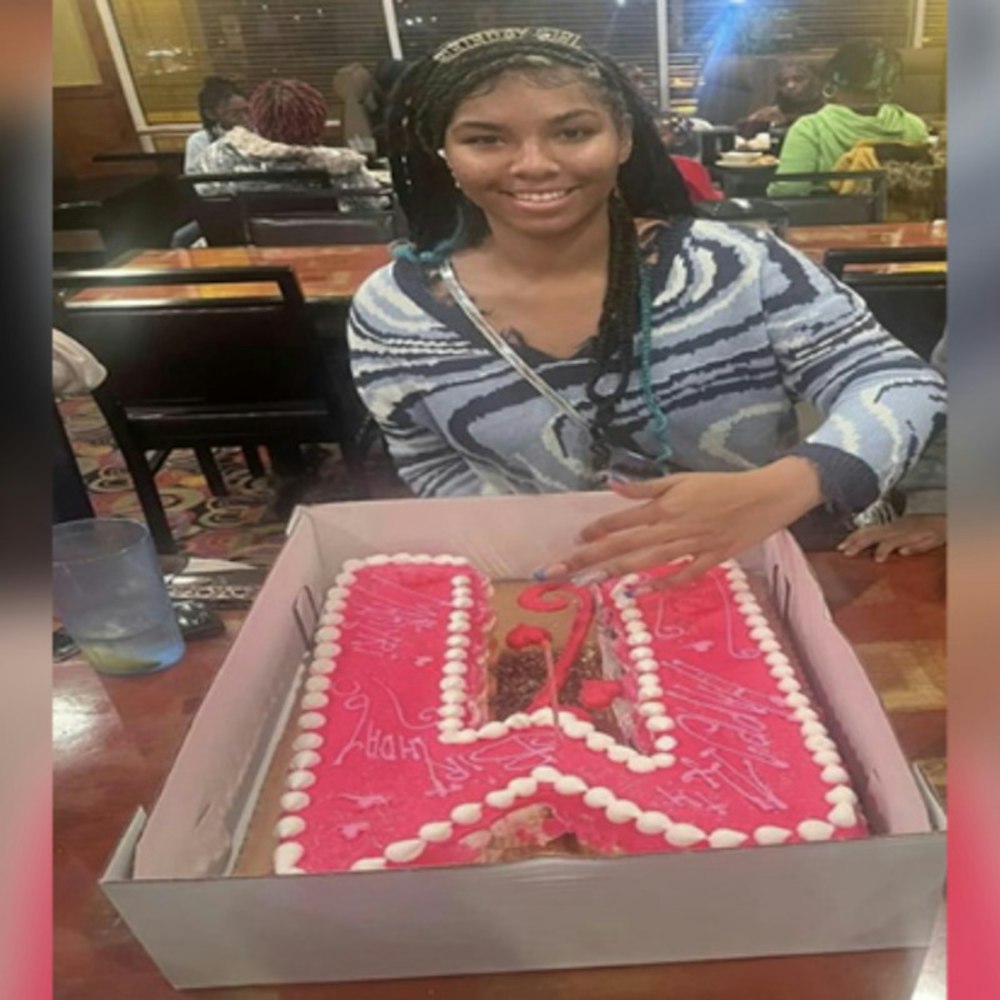
In a contentious twist to Harris County's handling of habitual offenders, 47-year-old Bernard Lane was released from custody after Judge Hillary Unger set a $1 bond despite being charged with violent crimes. Lane, whose criminal history spans over two decades with 11 felony convictions, was most recently facing charges concerning evading arrest, stalking, and aggravated assault. However, Judge Unger eschewed the opportunity to increase his $40,000 bond from January considering he had not violated bond conditions related to new assault charges dating to pre-existing bonds, as reported by FOX26 Houston.
Similarly unsettling is the case of 42-year-old Aubrey Andre Taylor who, after being given a seemingly nominal $1 bond by 232nd Criminal District Court Judge Josh Hill for previous allegations of kidnapping and assault, found himself back in court on new charges of threatening the same victim, only days following his release; bonding issues raised alarm when Taylor, with a criminal history that includes convictions for robbery and burglary, quickly re-offended, igniting backlash from both the public and officials alike, with Texas Gov. Greg Abbott condemning the "easy bail policies" on KHOU 11.
This surge of low-cost bonds has triggered a wider debate on bail reform, particularly in light of a Texas law prohibiting personal recognizance bonds for defendants charged with violent offenses. In an era where crime rates are under a microscope, the decisions by Judges Unger and Hill have stirred controversy for appearing to undermine the spirit of the statute, despite official statements that their rulings are entirely within the letter of the law.
During Judge Hill's tenure, he has faced scrutiny and, as defense attorney Emily Detoto suggested, provided a potentially dangerous precedent for aggressive legal maneuvering on behalf of other defendants looking for lenient bond options; yet the judge has maintained a non-partisan stance saying, "I’m not in the business of making political statements or advocating for or against legislation," in light of the new law and his subsequent $1 bond rulings, such nuances offer little confort to the victims involved, who, after suffering at the hands of their alleged assailants, see these men walking free on what is ostensibly pocket change.
As the community grapples with the implications of these controversial bond decisions, advocates like Andy Kahan voice their concerns for public safety, suggesting that these minimal bonds send the wrong message to perpetrators and victims alike. Meanwhile, the judges embroiled in this quandary point to legislative frameworks as the guiding principle behind their rulings, leaving the public at a crossroads of legal interpretation and the urgent need for safety and justice in these complex legal proceedings.


-3.webp?w=1000&h=1000&fit=crop&crop:edges)






